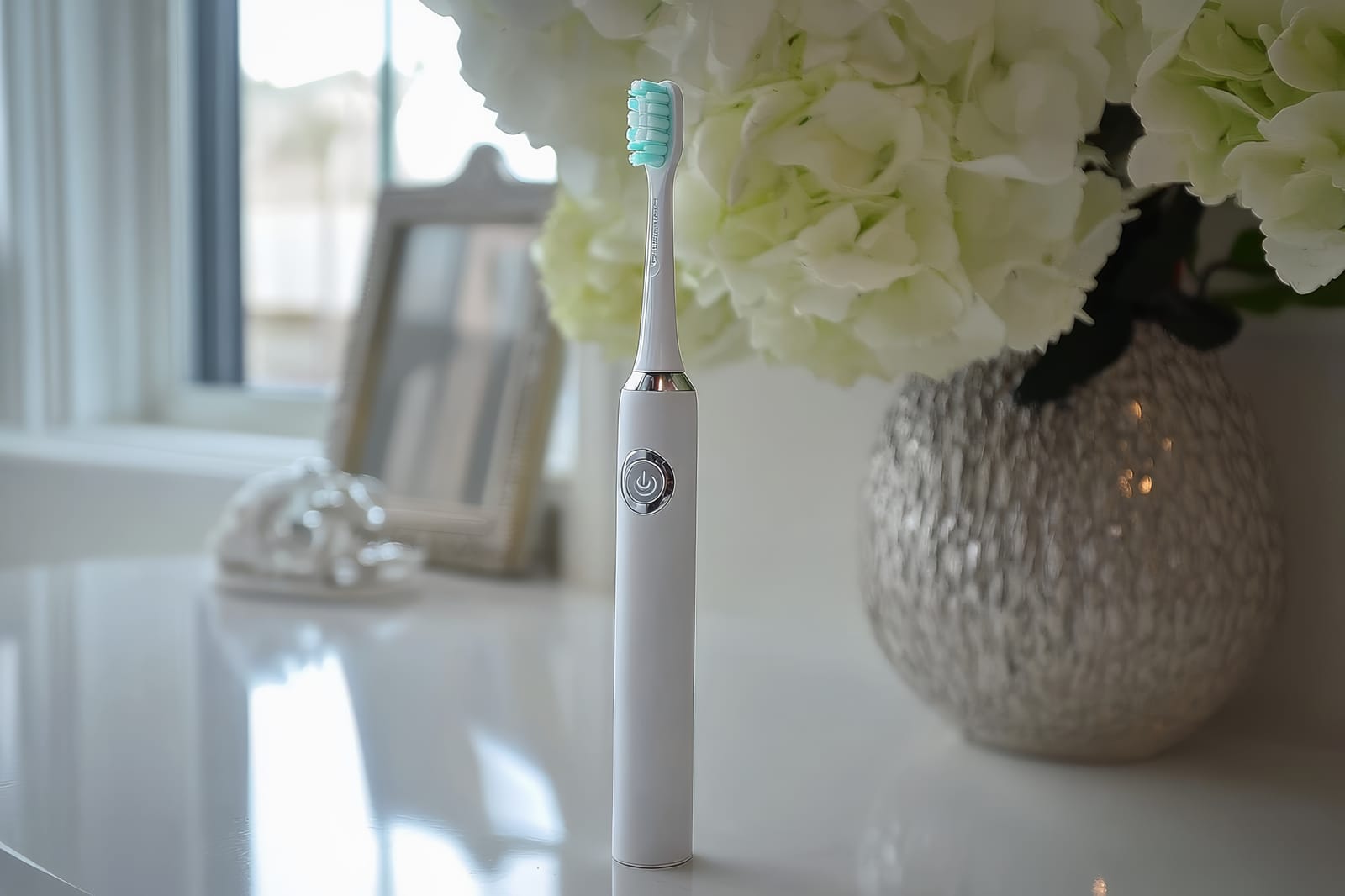What You Can Expect With Periodontal Treatment

Periodontal treatment is necessary for removing infections in the gums, more commonly known as periodontal disease.
The first stage of periodontal disease is gingivitis and includes symptoms like red, inflamed gums that often bleed when being brushed. The second stage is a slight periodontal disease, which includes the initial symptoms as well as some discomfort and/or pain. The third stage is moderate periodontal disease and is a stage when damage begins to happen to the tissue and bones. The fourth and last stage is advanced periodontal disease, a stage in which the teeth start to become loose and are therefore in jeopardy of becoming lost forever.
What causes periodontal disease?
It is important to understand what causes periodontal disease so you can be sure to avoid this diagnosis in the future. Practicing proper oral care is essential to avoid this diagnosis.
Proper oral care includes brushing your teeth at least twice a day and flossing them at least once a day. When good oral care isn't practiced, the bacteria that remain in the mouth will begin to form a sticky and colorless film on your teeth, more commonly known as plaque. Plaque that is not removed from your teeth in a timely manner will eventually harden, becoming tartar, making it more difficult to remove.
Periodontal treatment – what to expect
Only a dentist can remove tartar from a patient's teeth. The longer plaque and tartar are allowed to build upon the teeth, the more difficult it will be to remove. The following is a list of periodontal treatment options that dentists use to treat their patients who have been diagnosed with periodontal disease.
Deep cleaning
A deep cleaning is the first step of periodontal treatment and includes the process of scaling and root planing. This first process requires a dental professional to use special tools to remove all of the plaque and tartar buildup present on the teeth. The overall goal is to remove all plaque and tartar so that teeth are no longer in jeopardy.
Periodontal surgery
When a deep cleaning is not sufficient in removing plaque and tartar buildup, periodontal surgery is the next step. The surgical process allows for the removal of the plaque and tartar located in hard to reach areas and is necessary to prevent patients from losing one or more of their teeth.
Bone grafts, tissue grafts
When periodontal disease leads to a patient losing a significant amount of bone or tissue, grafts are often used to help regenerate the lost bone and/or tissue.
Need to make an appointment?
The sooner that address periodontal disease, the easier it is going to be to treat. The teeth are designed to last an entire lifetime and with proper oral care, you will receive all of the benefits that come with having a full set of natural teeth. If your periodontal disease is so advanced that you need to have one or more of your teeth extracted from your mouth, then we will help you choose a tooth replacement option as a healthy mouth is one that has a full set of teeth.
Are you considering periodontal treatment in the St George area? Get more information at https://www.stgeorgedentalcare.com.
Check out what others are saying about our services on Yelp: Read our Yelp reviews.
Recent Posts
Having a sensitive sense of smell can be both a blessing and a curse, as nothing disrupts personal comfort more than an unpleasant odor emanating from your mouth. A common concern for dental patients is the distinct and often embarrassing "rotten tooth smell." Understanding its causes, implications, and the appropriate remedies is crucial for maintaining…
Brushing your teeth is essential for maintaining a healthy, beautiful smile, and using an electric toothbrush takes oral hygiene to the next level. At St. George Dental Care, located in St. George, UT, we're passionate about helping our patients maintain optimal oral health through modern dental practices and expert advice. Electric toothbrushes are revolutionizing dental…
When it comes to maintaining your dental health, understanding the professionals who provide care can make all the difference in your experience. The terms "dentist surgeon" and "dentist" are often used, but many people don't fully grasp the distinctions between them. Are their education, scope of practice, and services they provide the same? Which should…
Does the thought of sitting in a dentist's chair make your palms sweaty? You're not alone. Dental anxiety is something millions of people experience, but we at St. George Dental Care believe visiting the dentist doesn't have to be nerve-wracking. That's why our focus goes beyond just cleanings and checkups—we strive to make you feel…


